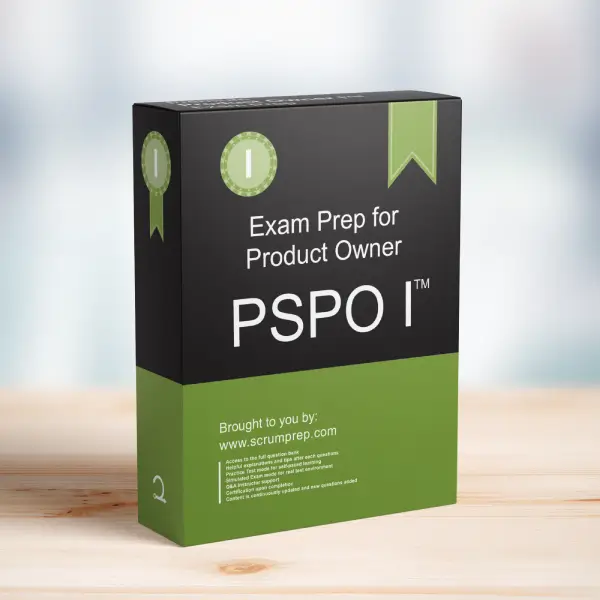Understanding Cross-Functional Scrum Teams
In Scrum, having a cross-functional team is crucial for the successful delivery of Increments. This article explores what it means for a Scrum Team to be cross-functional, addressing common misconceptions and clarifying the concept.
Exam Question
What does it mean for a Scrum Team to be cross-functional?
(choose the best answer)
A. The Scrum Team includes skilled individuals who together have all the skills necessary to create value each Sprint.
B. The Scrum Team includes not only developers but also business analysts, architects, and testers.
C. The Scrum Team is a virtual team drawing from separate teams of business analysts, architects, developers and testers.
D. Developers on the Scrum Team work closely with business analysts, architects, developers and testers who are not on the team.
Correct Answer
A. The Scrum Team includes skilled individuals who together have all the skills necessary to create value each Sprint.
Explanation
Correct Answer
A. The Scrum Team includes skilled individuals who together have all the skills necessary to create value each Sprint:
In Scrum, a cross-functional team means that the team has all the skills necessary to deliver a potentially releasable Increment at the end of each Sprint. This does not mean each member is a generalist, but rather the team as a whole possesses all the necessary skills.
Incorrect Answers
B. The Scrum Team includes not only developers but also business analysts, architects, and testers: This answer implies a traditional team structure where roles are siloed. In Scrum, while there may be specialists, the focus is on collective ownership and collaboration.
C. The Scrum Team is a virtual team drawing from separate teams of business analysts, architects, developers and testers: This suggests a matrix or virtual team, which is not the definition of cross-functional in Scrum.
D. Developers on the Scrum Team work closely with business analysts, architects, developers and testers who are not on the team: This indicates collaboration with external specialists rather than having the necessary skills within the team itself.
Responsibilities in Scrum
- Product Owner: Ensures that the Product Backlog is clear and that the team works on the highest value items. While not directly related to cross-functionality, they ensure that the work is well-defined.
- Scrum Master: Facilitates the Scrum process and helps the team become self-managing and cross-functional by removing impediments and coaching team members.
- Developers: Collaborate and use their combined skills to deliver a potentially releasable Increment each Sprint. They are responsible for their work and collectively own the Sprint Goal.
Relevance to the PSPO I Exam
Understanding the concept of a cross-functional team is crucial for the PSPO I exam. This knowledge ensures that candidates grasp the importance of team composition in delivering value efficiently and effectively.
Key Takeaways
- Cross-functional teams possess all the skills needed to deliver a potentially releasable Increment.
- Each team member may have specialized skills, but the team as a whole should be able to handle any aspect of the work.
- This structure promotes collaboration, flexibility, and faster delivery of value.
Conclusion
A cross-functional Scrum Team is essential for delivering value in each Sprint. By having all the necessary skills within the team, Scrum ensures that teams are flexible, collaborative, and capable of meeting their goals. For more information on preparing for the PSPO I exam, visit our PSPO I Exam Prep.


